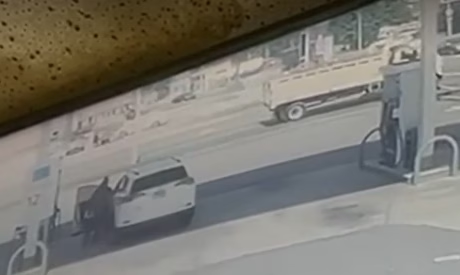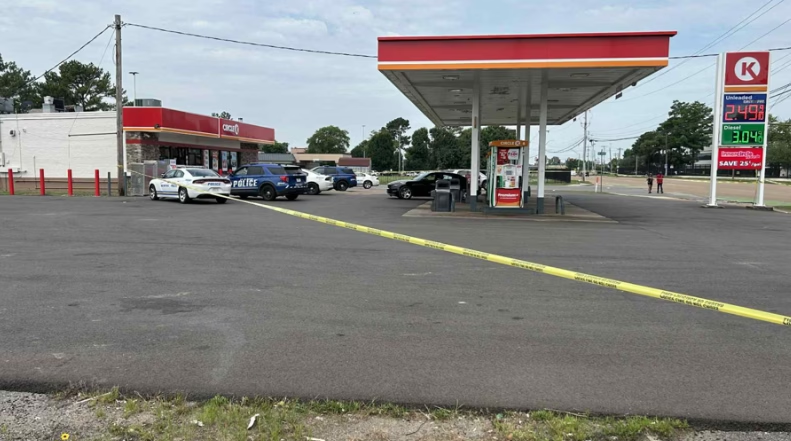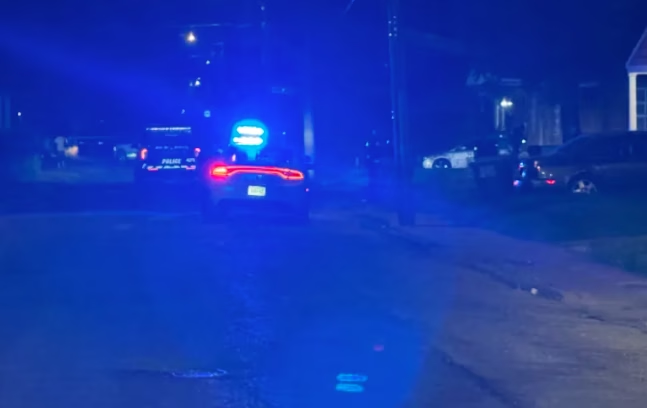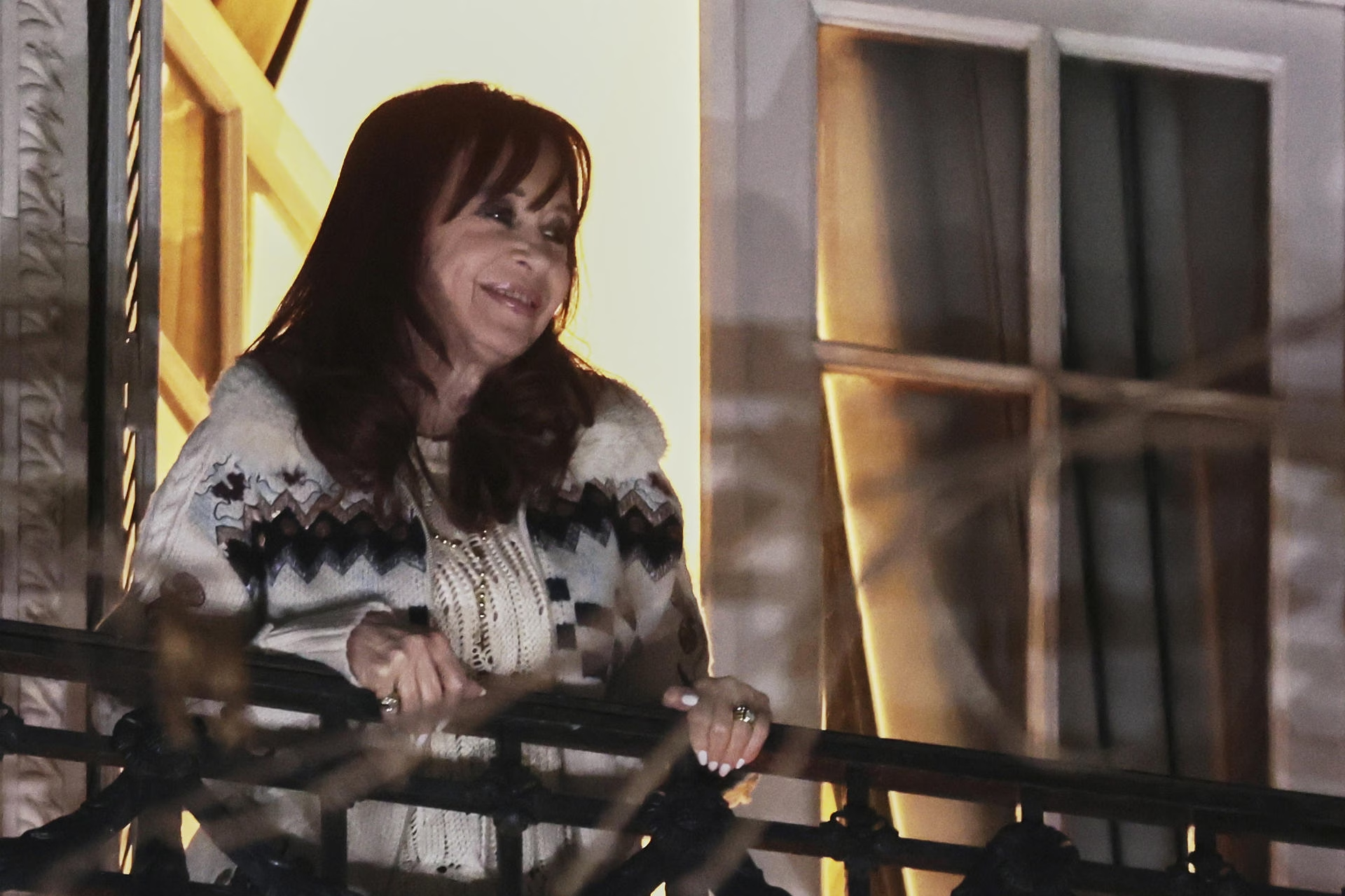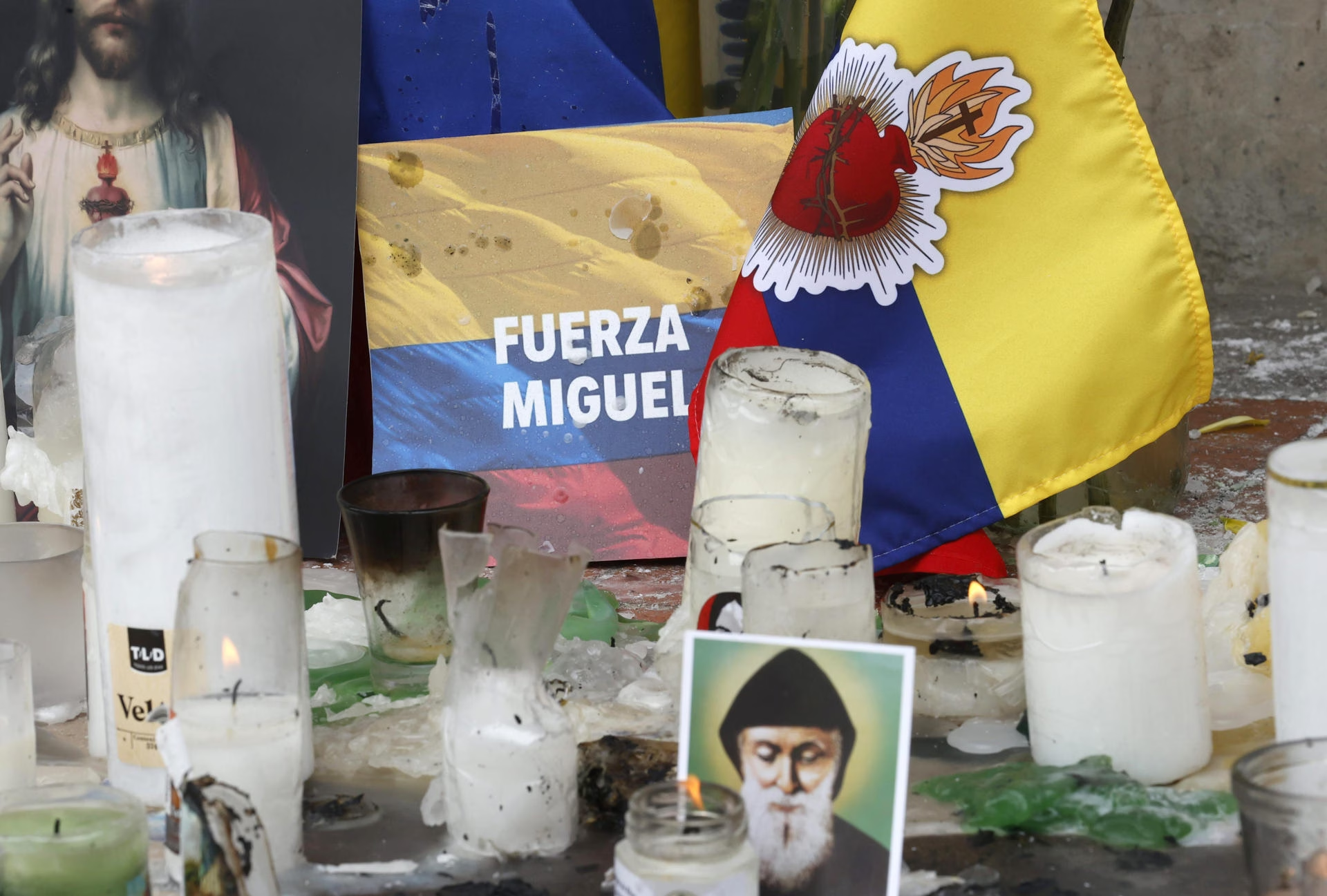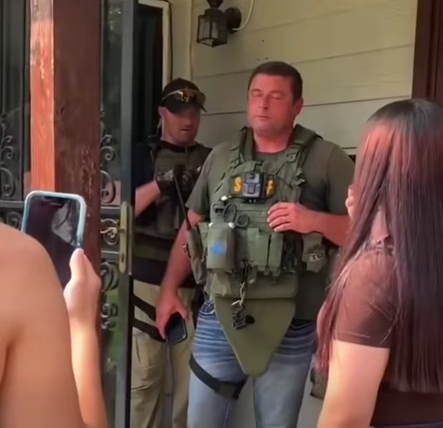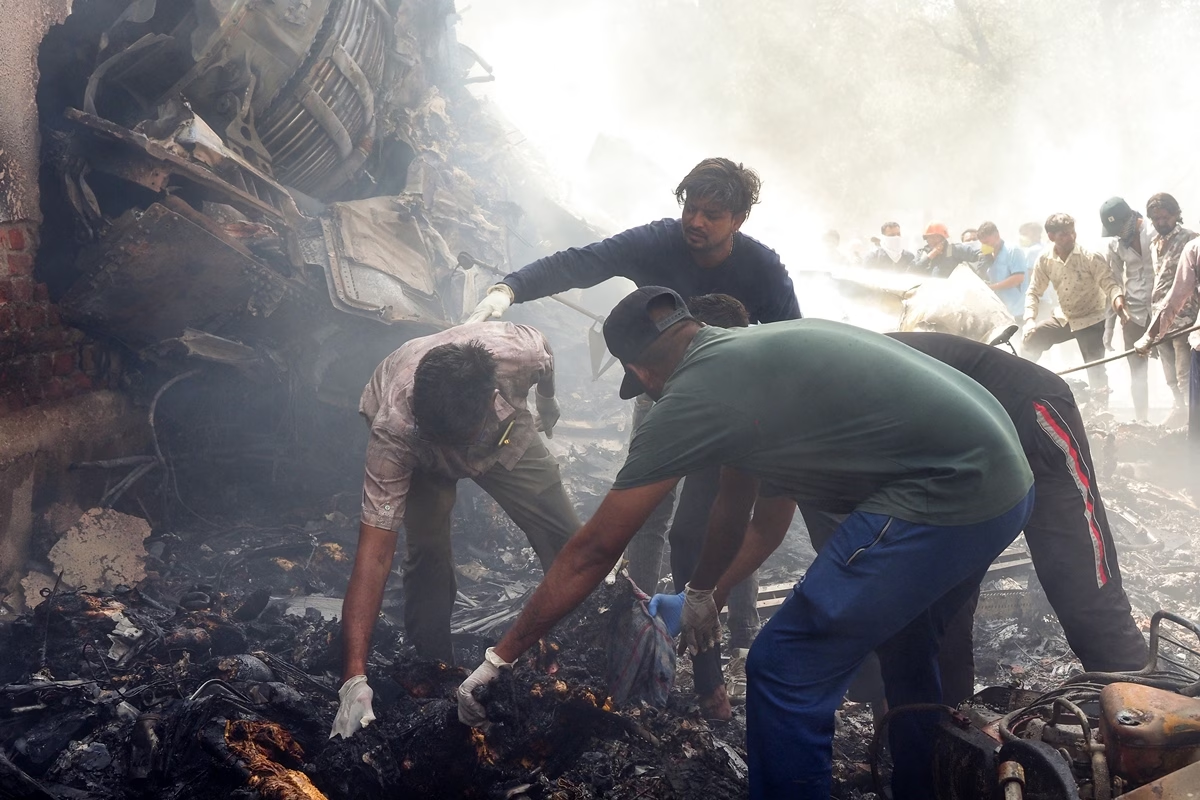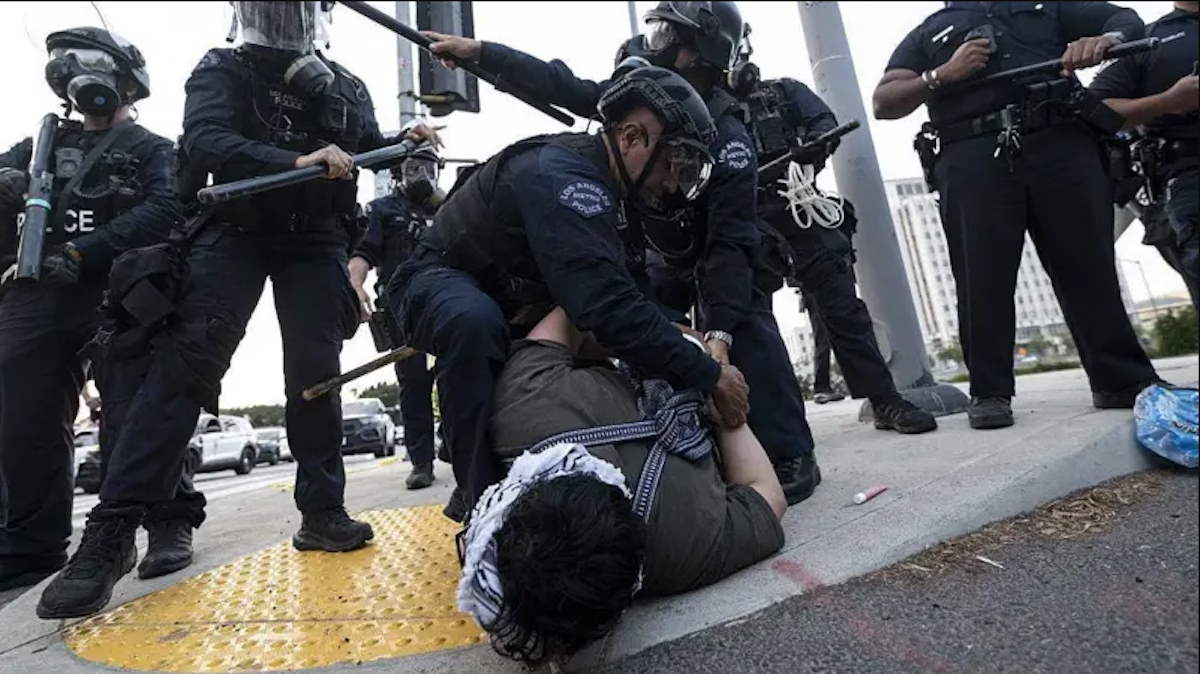Entró en vigor restricción de visas de turistas para ciudadanos venezolanos hacia EEUU para “proteger al país de terroristas y amenazas para la seguridad nacional”
(LPL) – Una ciudadana venezolana residente en España, recibió ayer una negativa a su solicitud de renovación de visa
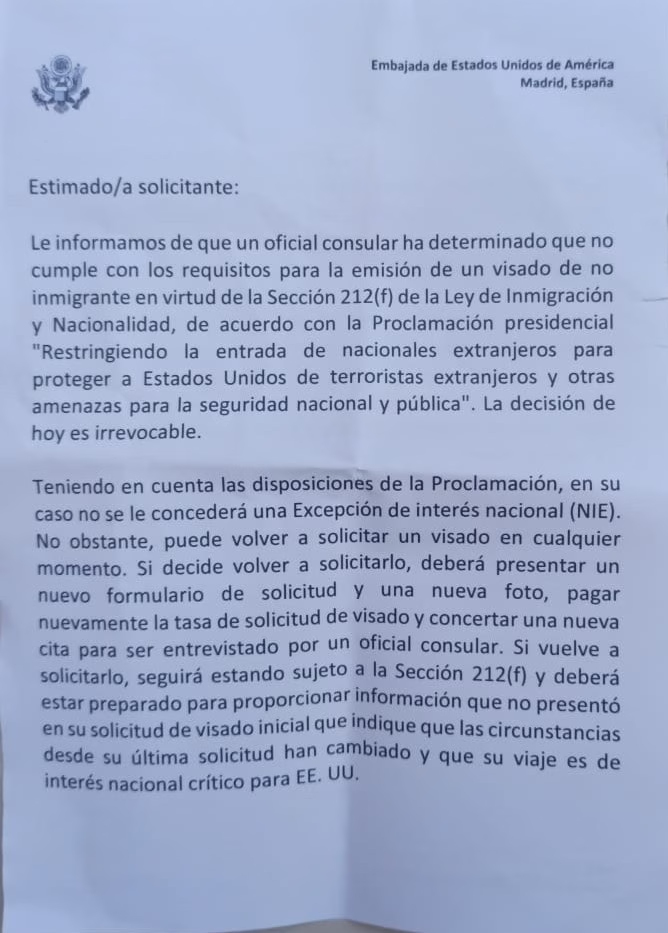
(LPL) – Una ciudadana venezolana residente en España, recibió ayer una negativa a su solicitud de renovación de visa de turista en la Embajada de EE.UU. en Madrid, luego de que entraran en vigor las nuevas restricciones migratorias impuestas por la administración del presidente Donald Trump.
Según la carta oficial entregada por la embajada, un oficial consular determinó que la ciudadana, que tuvo visa de turista por décadas y había visitado el país en innumerables oportunidades, no cumplía con los requisitos para obtener un visado de no inmigrante, invocando la Sección 212(f) de la Ley de Inmigración y Nacionalidad. Esta disposición legal permite al presidente restringir la entrada de extranjeros considerados una amenaza para la seguridad nacional, amparándose en la Proclamación Presidencial que cita textualmente: “Restringiendo la entrada de nacionales extranjeros para proteger a Estados Unidos de terroristas extranjeros y otras amenazas para la seguridad nacional y pública”.
La medida, que entró en vigor el lunes 9 de junio, prohíbe temporalmente la entrada de ciudadanos de varios países, entre ellos Venezuela, Cuba, Irán, Siria, Yemen, Libia y Corea del Norte. En el caso de venezolanos y cubanos, las restricciones aplican principalmente a visas de turismo, negocios y otras categorías de no inmigrante, con excepciones muy limitadas por razones humanitarias o de interés nacional.
La ciudadana no logró calificar para una Excepción de Interés Nacional (NIE), y la carta indica que su caso no será reconsiderado. Sin embargo, se le permite volver a solicitar en el futuro, aunque deberá presentar una nueva solicitud completa, pagar las tasas correspondientes y justificar que las circunstancias han cambiado desde su intento anterior.
La reactivación de estas políticas migratorias ha generado preocupación entre las comunidades de venezolanos y cubanos en el extranjero, muchos de los cuales recurren a consulados en países como España, Colombia o México para gestionar sus viajes a Estados Unidos.
Diversas organizaciones de derechos humanos han criticado la medida por considerarla discriminatoria y desproporcionada, afectando principalmente a personas que huyen de regímenes autoritarios o crisis humanitarias.
ENGLISH
Visa restrictions for Venezuelan tourists to the U.S. have gone into effect to “protect the country from terrorists and threats to national security”
(LPL/ABC24) – A Venezuelan citizen residing in Spain was denied her tourist visa renewal application (B1/B2) yesterday at the U.S. Embassy in Madrid, following the entry into force of new immigration restrictions imposed by the administration of former President Donald Trump.
According to the official letter provided by the embassy, a consular officer determined that the citizen, who had held a tourist visa for decades and had visited the country on numerous occasions, did not meet the requirements for a nonimmigrant visa, invoking Section 212(f) of the Immigration and Nationality Act.
This legal provision allows the president to restrict the entry of foreigners considered a threat to national security, based on the Presidential Proclamation, which states: “Restricting the entry of foreign nationals to protect the United States from foreign terrorists and other threats to national security and public safety.”
The measure, which went into effect on Monday, June 9, temporarily prohibits the entry of citizens of several countries, including Venezuela, Cuba, Iran, Syria, Yemen, Libya, and North Korea. In the case of Venezuelans and Cubans, the restrictions apply primarily to tourist, business, and other nonimmigrant visa categories, with very limited exceptions for humanitarian or national interest reasons.
The citizen failed to qualify for a National Interest Exception (NIE), and the letter indicates that her case will not be reconsidered. However, she is allowed to reapply in the future, although she must submit a new, complete application, pay the corresponding fees, and justify that her circumstances have changed since her previous attempt.
The reactivation of these immigration policies has generated concern among the Venezuelan and Cuban communities abroad, many of whom turn to consulates in countries such as Spain, Colombia, or Mexico to arrange their travel to the United States. Various human rights organizations have criticized the measure as discriminatory and disproportionate, primarily affecting people fleeing authoritarian regimes or humanitarian crises.


